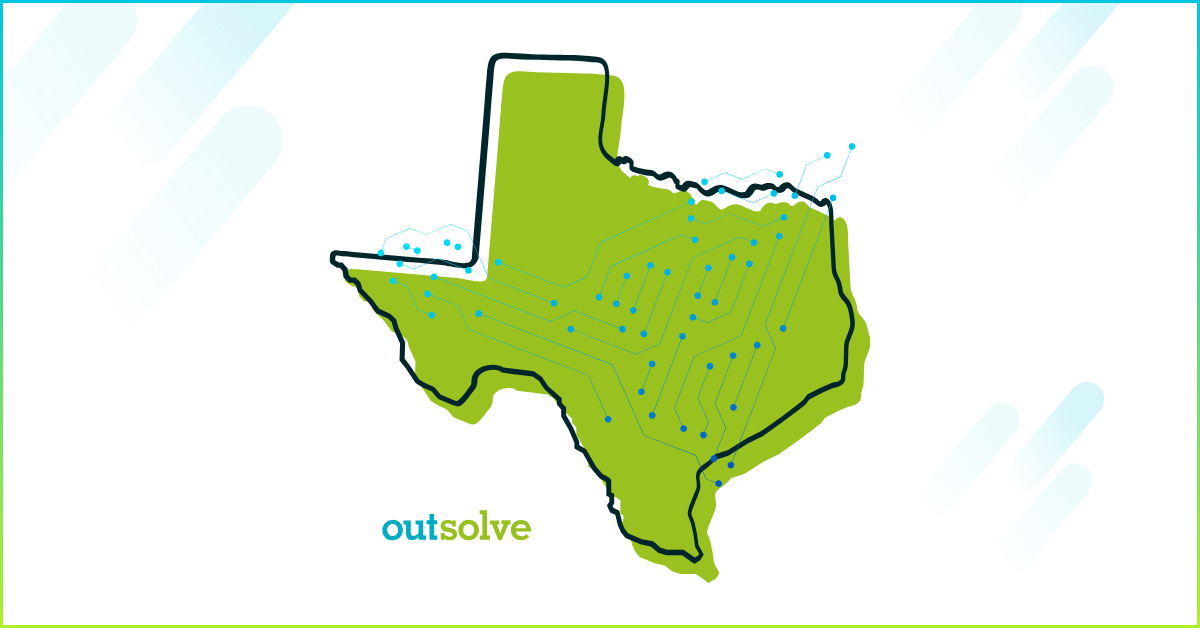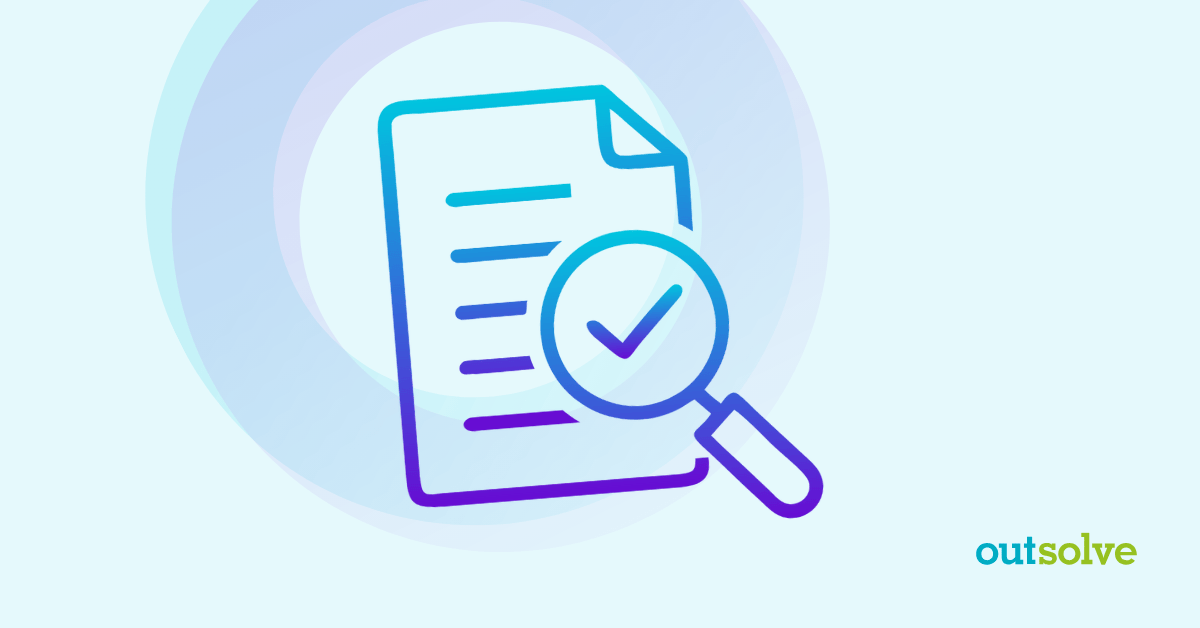
If you're an HR pro who operates in Illinois, chances are you're responsible for keeping your company compliant with their increasingly detailed pay transparency and reporting laws. Whether you’re deep in compliance mode or just getting started, we will walk you through the details of this report and provide you with tips to remain compliant.
Illinois isn’t cutting corners when it comes to equal pay and employer accountability. The Equal Pay Registration Certificate (EPRC) is now required for qualifying businesses. The good news? With the right information, (and maybe a little help), this doesn’t have to be a stressful process.
So, let’s dive into what you need to know, what you need to do, and how to keep your company compliant— with a smooth process.
Here’s three key takeaways you’ll learn in this article:
- Quick review of IL’s Equal Pay Act
- Recent changes to IL’s Equal Pay Registration Certificate (EPRC) template.
- Step-by-step instructions on the overall filing process, including how to file an Equal Pay Certificate and Pay Data report, what data must be submitted, how to submit it via IL’s portal, filing deadline, and penalties for non-compliance…...and tips for staying compliant!
What Is the Illinois Equal Pay Act and Who Does It Impact
As a review, the Illinois Equal Pay Act of 2003 is designed to make sure that employees doing the same or substantially similar work are paid fairly, regardless of gender, race, or ethnicity. It applies to all Illinois employers, but the latest amendments place specific obligations on private-sector employers with 100 or more Illinois employees.
These employers must now submit pay and demographic data and obtain an Equal Pay Registration Certificate which is a formal statement verifying compliance with equal pay laws.
Which Employers Must File an Equal Pay Certificate and Pay Data Report?
If your company has 100 or more employees in Illinois and is required to file an annual EEO-1 report with the federal Equal Employment Opportunity Commission (EEOC), then you're required to obtain an EPRC. This includes various business entities such as corporations, LLCs, partnerships, and trusts.
Employees are defined as any individuals who worked at your factory, facility, or office in Illinois, plus the 100% remote employees who report directly to Illinois management.
Even if you haven't been contacted by the Illinois Department of Labor (IDOL), you're still obligated to comply. To ensure IDOL has your correct contact information, visit the Survey of Business Contacts to submit your details.
New businesses that meet these criteria must apply within three years of hitting the threshold.
What Needs to be Submitted?
Here are the specifics. The submission consists of three key parts. When applying for or renewing your EPRC, you'll need to submit the following:
- Employee-Level Data (submitted in Excel or CSV format):
- Full name
- Job title
- EEO category
- Gender
- Race/ethnicity
- Total wages paid during the prior calendar year
- Start date
- Hourly vs. salaried status
- Hourly wage (if applicable)
- Collective Bargaining Agreement (yes/no)
- Equal Pay Compliance Statement (signed by a corporate officer):
- Certifies your company complies with all federal and state equal pay laws.
- Confirms regular internal pay reviews are conducted and documented.
- Contact and Business Structure Information:
- Federal Employer ID Number (FEIN)
- Addresses of Illinois location(s)
- Corporate structure
- Contact person for compliance
How Do Employers Submit the Required Documents?
Submissions are handled via the Illinois Department of Labor’s Equal Pay Portal. Here’s how to gain access:
- Create an Account on the IDOL website.
- Upload Required Documents: Include your employee compensation data, compliance statement, and company info.
- Pay the Filing Fee: $150 as of April 21, 2025 (always double-check this).
- Submit: Once uploaded, confirm your submission and await IDOL acknowledgment
Tip: The portal has templates and formatting guides, use them to avoid delays.
If you’re short on internal resources, remember that HR advisory firms, like OutSolve, can help manage this process from start to finish, complying with all technical and legal requirements.
What Are the Deadlines and How Often Must Reports Be Filed?
Let’s talk timing. There are specific deadlines you need to know . They are:
- Initial Deadline: Many employers filed by March 24, 2024, when the first major round was due.
- Rolling Deadlines: IDOL assigns filing windows and notifies employers. Once notified, you generally have 120 days to submit.
- Missed Your Window? You’ll get a Notice of Delinquency and have 30 days to comply before penalties kick in.
- Renewal Cycle: Every two years from the date of certification. So, if you filed in 2024, your renewal will be due in 2026.
Bottom line….mark those renewal dates early and set calendar reminders!
What Are the Penalties for Non-Compliance?
The penalties are real. Failing to comply can result in:
- Civil fines up to $10,000 per violation
- Daily fines for ongoing violations (each day can count separately)
- Suspension or revocation of your Equal Pay Registration Certificate
If your certificate is revoked, that could jeopardize contracts, funding, or even your ability to do business in Illinois. It also raises red flags for audits and investigations—something no HR team wants. Not to mention the bad press and damage to your employer branding.
Tips for Staying Compliant
The best way to manage Illinois pay transparency requirements is to stay ahead of the curve. Here are some basic and field-tested best practices:
- Prepare Reports in Advance: Don't wait until the last minute. Gather and review your employee data regularly to ensure accuracy.
- Align with Federal Reports: Ensure your state and federal reports, like the EEO-1, are consistent to avoid discrepancies.
- Keep Pay Policies Documented and Up to Date: Regularly review and update your pay policies to reflect current laws and best practices.
- Perform a Compensation Analysis: Once you have all your data pulled, we recommend you run an analysis to see if you have any pay disparities. Doing so will alert you of any potential issues before you submit your data.
- Monitor Deadlines: Mark your certification and recertification dates on your calendar to stay ahead of deadlines.
- Understand Penalties for Non-Compliance: Failure to comply can result in penalties up to $10,000, suspension or revocation of your EPRC, and other enforcement actions.
- Partner with Experts When Needed: As mentioned earlier, HR consultants like OutSolve can help decode complex or multi-state reporting requirements. can help decode complex or multi-state reporting requirements.
What IL Pay Data Reporting Means for Your Organization
Let’s wrap it up. Illinois’ pay transparency law may feel like a lot to take in, but with the right systems, processes, and support, it’s absolutely manageable.
Here’s a quick checklist of your “must haves”:
- Know if you’re required to file (100+ IL employees, EEO-1 filer)
- Understand what to report (demographic and pay data, compliance statement, company info).
- Know how to file (via the IDOL portal with a $150 fee).
- Remember your deadlines and renewal cycles (every two years).
- Understand the risks of non-compliance (up to $10K per violation).
- Have a plan to stay compliant long-term.
Getting compliant with Illinois' Equal Pay Act isn’t just about avoiding penalties, it’s about demonstrating that your company values fairness, transparency, and equal opportunity. By staying proactive and informed, you'll not only comply with the law but also contribute to a fairer workplace for all employees.
So, go ahead, mark those deadlines, gather your data, and lean on support if you need it. You’ve got this.
Need help? Many HR professionals are turning to advisory firms, such as OutSolve, to simplify Illinois pay data reporting. Whether you're filing for the first time or gearing up for a renewal, it's okay to get a little help. Compliance doesn't have to be complicated. If you have any questions or need further assistance, feel free to reach out. We're here to help you navigate this process smoothly!
Alanna Lee has 20 years experience in Human Resources and serves as a Senior Consultant advising OutSolve clients on equal employment opportunity and compliance best practices. Prior to joining OutSolve, Alanna was HR Director for a maritime company where she managed employee benefits and HR compliance. Alanna is PHR and SHRM-CP certified, and holds a Bachelors Degree in Human Resource Management from Louisiana State University.
Weekly OutLook
Featured Posts

5 Key Compliance Items HR Can’t Afford to Ignore

HR Compliance Checklist: What Every HR Pro Needs to Know
Related Posts

What Texas HB 149 Means for HR Professionals
AI is already changing how companies hire, manage, and evaluate employees in the workplace. For HR professionals, AI is a game changer because it can...

New Jersey Pay Transparency Laws: What You Need to Know
Update: New Jersey proposed updates to its pay transparency law in October 2025. If passed, the requirements will be a first of its kind in that...

Legal Series: Top 4 HR Compliance Trends to Watch in 2026
This article is part of an ongoing legal series designed to provide insight and practical guidance on current and emerging workplace compliance...
 Alanna Lee
Alanna Lee


